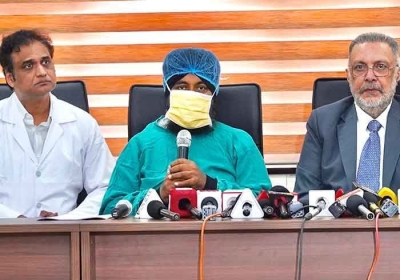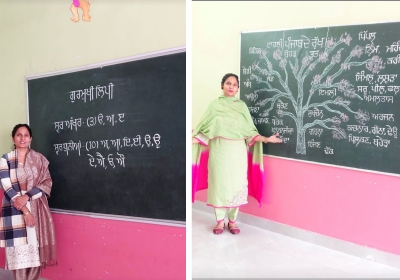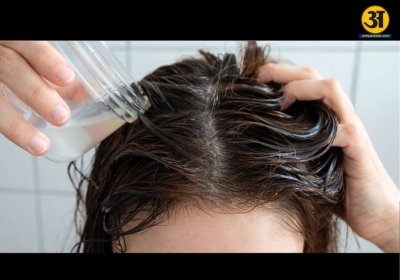
SC blocks removal of misleading ads rule
SC halts Government's move to remove misleading ads regulation
The Supreme Court has blocked a government order from July 1 that removed the requirement for Ayurveda, Siddha, and Unani drug manufacturers to get prior licensing before advertising. The court found that the July 1 notification ignored previous court orders aimed at regulating misleading health and medicinal ads.
The court criticized the Centre for the sudden removal of Rule 170 from the Drugs and Cosmetics Rules, which was designed to prevent misleading advertisements. This rule required manufacturers to get a unique identification number before advertising and included provisions for suspending licenses and rejecting ads with inappropriate content.
Government response and future steps
The court directed the Centre to explain its decision and keep Rule 170 in place until further notice. The July 1 notification had been issued following recommendations to remove the rule, but the court found this action to be contrary to its orders.
ALSO READ: Champai Soren meets Amit Shah in Delhi, set to join BJP on August 30
ALSO READ: Schools shut as IMD issues red alert for heavy rain in Gujarat
The Centre's Additional Solicitor General said the notification was based on recommendations from the Ayurvedic Siddha and Unani Drugs Technical Advisory Board (ASUDTAB) and was withdrawn. However, the court noted that simply withdrawing the notification did not restore Rule 170.
The Supreme Court also directed the Centre to clarify whether clinical trials are needed for Ayush drugs. This clarification aims to ensure that advertising claims are scientifically backed. The case will continue, with further hearings scheduled for October 15.
In previous hearings, the court had also directed action on misleading ads and proposed a central dashboard for tracking complaints. The ministry of information and broadcasting is working on this and has introduced new features for ad submissions. Meanwhile, IMA President RV Asokan faced criticism for comments made in an interview, which the court found damaging. Asokan was asked to provide physical copies of his apology published in newspapers.





